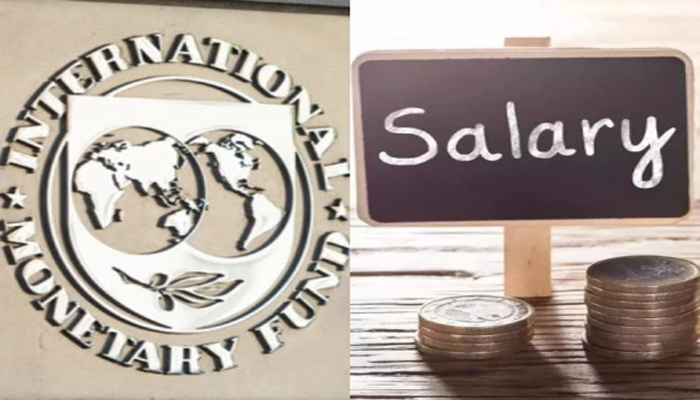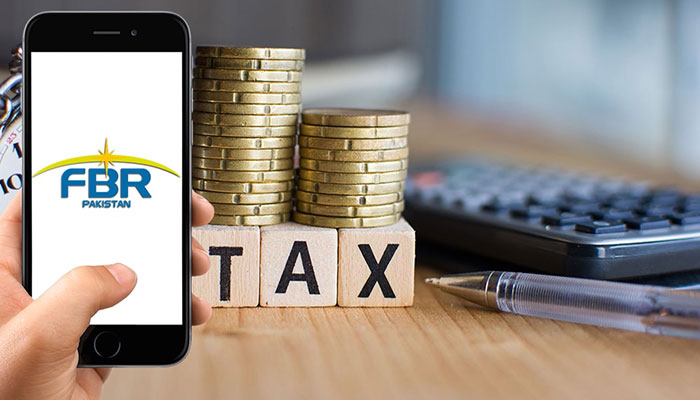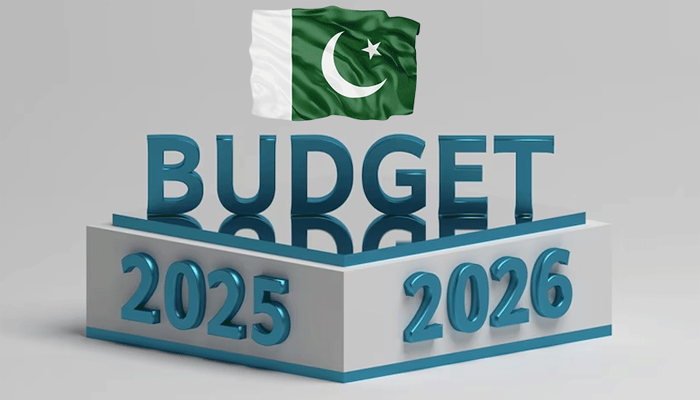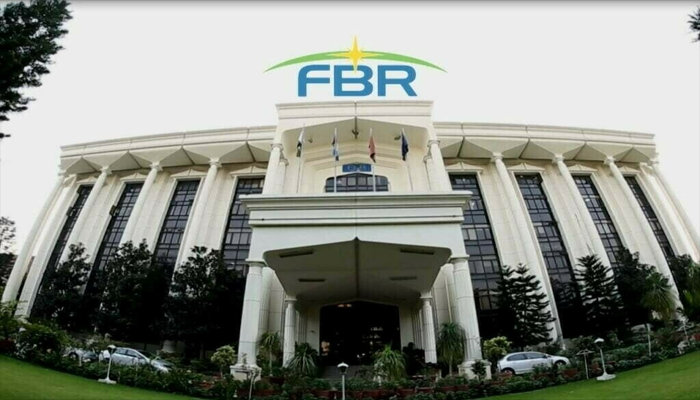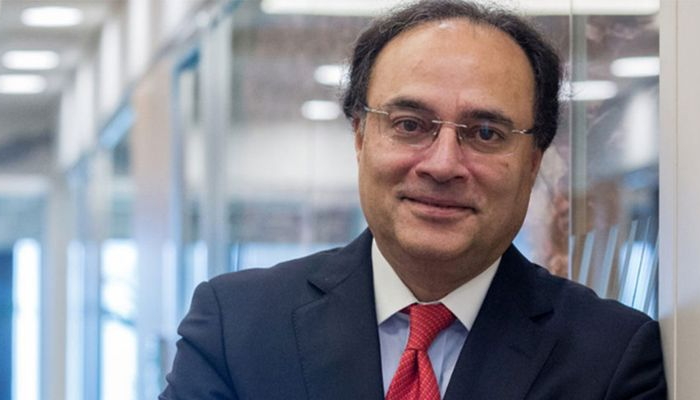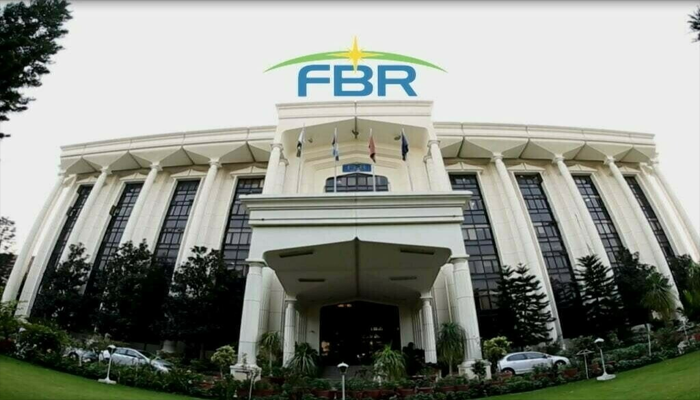ISLAMABAD: Pakistan and the International Monetary Fund (IMF) are close to finalising a deal that would provide income tax relief to the salaried class in the upcoming 2025–26 federal budget, according to government sources.
During intense talks, IMF officials granted in-principle approval for cuts in income tax rates across various salary brackets. The proposed relief is expected to cost Rs56-60 billion, which the Federal Board of Revenue (FBR) must balance with alternative revenue measures.
A senior official confirmed, “We have proposed certain taxation measures to satisfy the IMF for providing relief to the salaried class.”
The FBR has suggested lowering the tax rate for the first income slab (Rs0.6m–1.2m per year) from 5% to 1%. If approved, this would reduce tax payments from Rs30,000 to Rs6,000 annually. However, the IMF prefers a 1.5% rate, which would require taxpayers to pay Rs9,000.
Other proposals include a 2.5% reduction in tax rates across higher income slabs and lowering the maximum slab rate from 35% to 32.5%. Discussions are ongoing to finalise these figures.
The IMF has also demanded gradual rationalisation of the 10% income surcharge and the controversial Super Tax.
However, budget planners are concerned about a parallel proposal from the Commerce Ministry and National Tariff Commission to rationalise import tariffs. The plan could cost Rs150–200 billion in revenue but is argued to stimulate economic activity and offset losses.
FBR officials fear reduced tariffs may lead to customs misdeclarations, as importers could classify goods under lower-tariff categories.
Adding to the fiscal challenge is a widening revenue shortfall. Against the original target of Rs12.97 trillion, actual tax collection may fall over Rs1 trillion short. The revised target of Rs12.33 trillion is also unlikely to be met by June 30, casting doubt on the feasibility of the Rs14.2 trillion target for FY26.
In a related issue, the IMF raised objections over Pakistan’s allocation of 2,000MW of electricity for cryptocurrency mining without prior approval from the Energy Ministry and Nepra.

